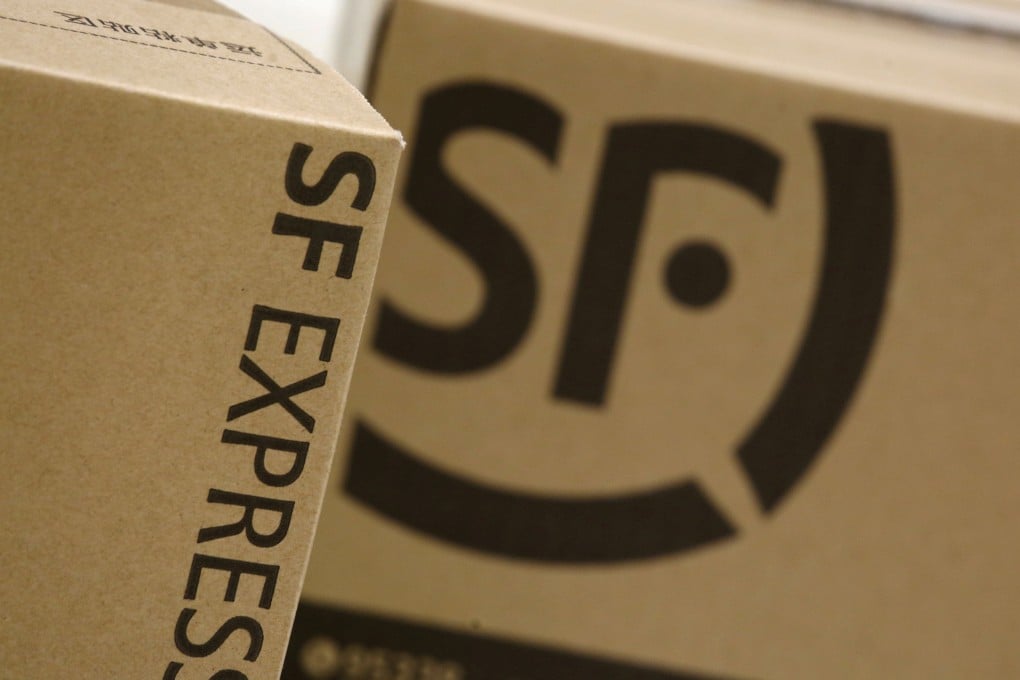China’s biggest courier SF plans Hong Kong share sale to raise up to US$3.3 billion, underscoring tech policy thaw
- Company’s board has approved a plan to sell up to 10 per cent of post-issuance outstanding shares, according to an exchange filing on Wednesday
- The move shows faith in the e-commerce business, adding to evidence that the worst is over for China’s regulatory crackdown on Big Tech companies

SF Holding, China’s biggest parcel delivery firm by market value, plans to sell up to 540 million shares in Hong Kong as the company taps overseas funding channels following Beijing’s shift to a friendly tone towards the Big Tech platforms that contribute the bulk of the courier industry’s revenue.
The size of the offering will be no more than 10 per cent of the company’s post-issuance outstanding shares, and the sale will be conducted within 18 months of the approval by shareholders, according to the statement.
Based on SF’s current 4.89 billion outstanding shares, the Hong Kong sale will be capped at 540 million shares, according to a calculation by the Post. The company could raise 24 billion yuan (US$3.3 billion) if the stock is sold at a 10 per cent discount to the closing price of its Shenzhen-listed stock on Tuesday.
